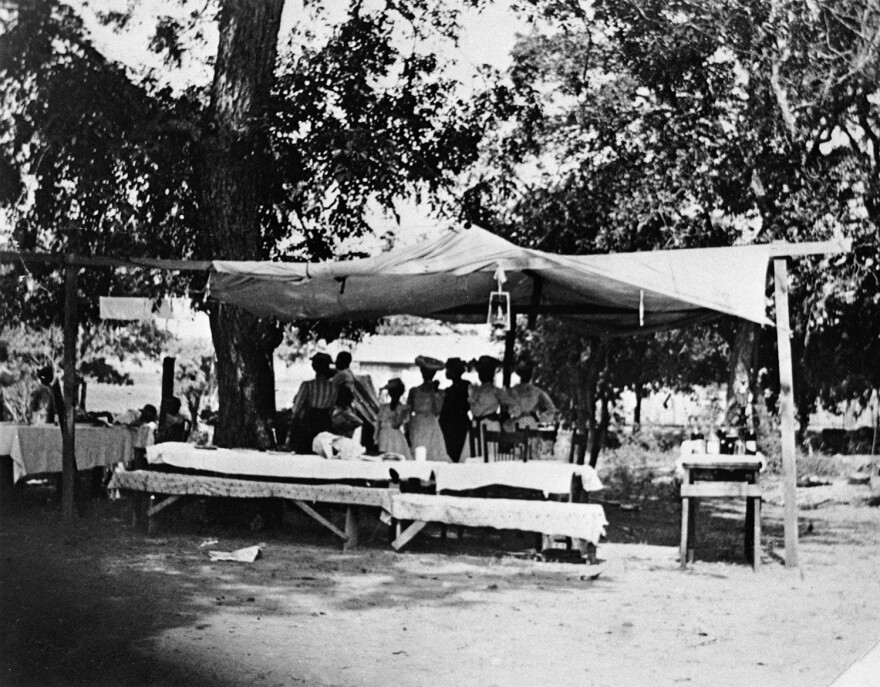Friday marks the 150th anniversary of the day that brought freedom to 250,000 African-Americans from slavery in Texas, commonly known as Juneteenth.
While President Lincoln’s Emancipation Proclamation in 1863 is recognized as the declaration that freed U.S. slaves, Confederate states didn’t recognize the Union decree. So, even after the war ended at Appomattox in April of 1865, Texan slaves weren’t freed until June 19, 1865, when Maj. Gen. Gordon Granger read aloud a Union proclamation that officially ended slavery in Texas.

The next year, widespread celebrations of the day were held among African-American communities, as the news didn’t immediately reach communities outside Galveston in 1865. Austin didn’t celebrate its first Juneteenth until 1867, according to the State Historical Association.

Over time as celebrations grew in Austin, African-American communities set aside land for these and other celebrations. Austin’s Emancipation Park was founded in 1909, and Eastwoods Park north of the UT campus was also used in that time period, before it was developed into a city park in 1930.
In its earliest days, Juneteenth was marked by concerts, prayer services, occasional baseball games and, as is often the case today, parades. Many observers also dressed in their finest clothes, as laws in Texas and other states previously limited the dress of African-Americans to those that were given to them by slave owners.

As African-American Texans moved to neighboring states like Louisiana, Mississippi and Oklahoma, the holiday spread as well. City-wide festivities continued as far away as Milwaukee and California in throughout the 20th century, but the holiday fell out of favor with some African-Americans in the 1960s, as they thought the festivities were diametrically opposed to their struggle for civil rights.

The holiday saw a resurgence in the 1970s, and Texas became the first state to recognize the holiday in 1979. The U.S. House of Representatives acknowledged the holiday in 1996 as “the true day of independence for African-Americans in this country.”





